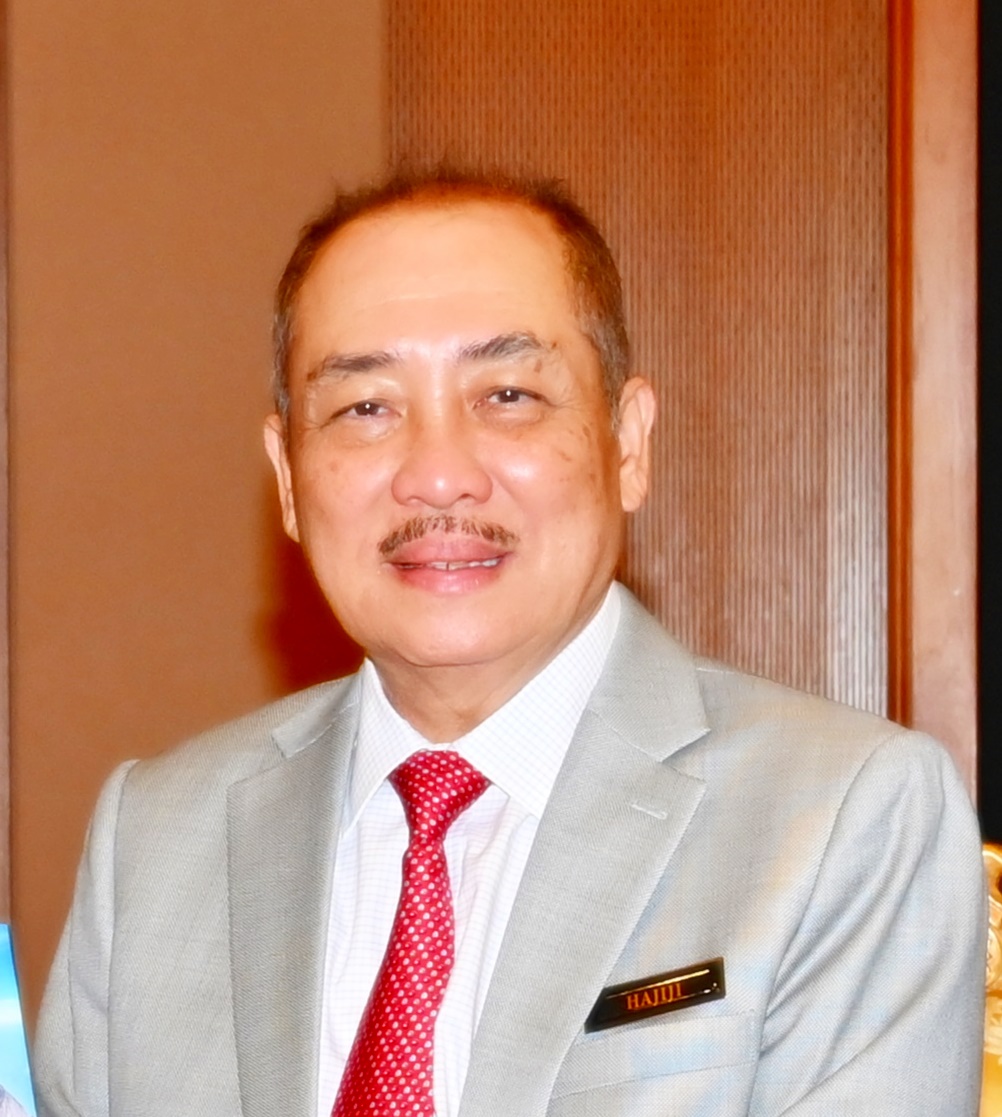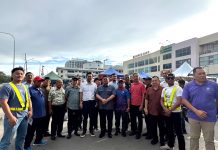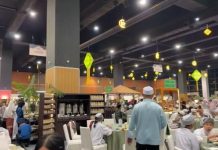KOTA KINABALU: The State Government welcomes assistance from organisations such as the ASEAN-Business Advisory Council Malaysia to promote Sabah’s economic development in tandem with the goals of the Hala Tuju Sabah Maju Jaya (SMJ).
Chief Minister Datuk Seri Panglima Haji Hajiji Haji Noor said Sabah is strategically
located in the heart of the Brunei Darussalam–Indonesia–Malaysia–Philippines East
ASEAN Growth Area or BIMP-EAGA.
“Through this subregional cooperation, Sabah has been on the forefront of promoting
closer economic collaboration and has pledged to do our part to ensure the success of
the revival plans, among them the BIMP-EAGA Economic Corridors development,” he
said.
Hence, the Chief Minister said the State Government looked at organisations such as
the ASEAN-Business Advisory Council (ASEAN-BAC) Malaysia to assist where relevant
and related.
“Sabah is open for business. We welcome serious investors to come to Sabah to explore
what we have to offer and to establish win-win partnerships,” he said in his special
remarks during the ASEAN-BAC Malaysia consultation meeting with the State
Government and agencies conducted via Zoom today.
He was represented by Deputy State Secretary Dr Ahemad Sade. Tan Sri Dato’ Dr.
Munir Majid, Chairman of ASEAN-BAC Malaysia also participated together with Invest
Sabah Chief Executive Officer, Datuk Madiyem Layapan, Chief Investment Officer,
Sabah Economic Development and Investment Authority (SEDIA), Mr. Kevin Ukang and
key members of ASEAN-BAC Malaysia.
ASEAN-BAC Malaysia, represented by three council members appointed by the Minister
of International Trade and Industry of Malaysia (MITI), is an active participant in the
regional ASEAN-BAC with regular participation at all Council Meetings and
Consultations with ASEAN ministers and Leaders.
Hajiji said there was much that can be done, discussed, and collaborated on in
anticipation of the planned relocation of Indonesia’s capital from Jakarta to East
Kalimantan.
“With more people and businesses anticipated to move into Borneo, this will strengthen
Sabah’s position and spur economic activities. Investors, domestic and foreign, will have
access to this subregion with a market of over 70 million people and growing,” he said.
According to him, there were many opportunities to leverage multiple sectors across the
state and Sabah had success stories.
Among them was the success in securing a significant RM4.4 billion worth of foreign
investments as of June last year, the third biggest in the country after the states of Kedah
and Selangor.
“We are confident Sabah is and will be an attractive destination for investment. I have
stressed from the onset that we want to be investor-friendly and we will ease all hurdles
to facilitate investments,” he said.
The Chief Minister said things were looking up and he was confident the state’s economy
is on the right path.
“Under the implementation of the SMJ Development Plan, Sabah recorded RM5.449 billion in revenue in 2021, the highest on record. With focus and correct management,
we are confident of greater revenue this year.
“The high level of federal government support is evident in the 12th Malaysia Plan,
committing to enhance Sabah’s development as one of the nine main focuses to spur
recovery.
“What is most significant, I must add is that with federal government support and in a
short span we saw the successful signing of the Commercial Collaboration Agreement
(CCA) between the State Government and Petronas to give Sabah greater say, greater
participation and greater revenue sharing in oil and gas related matters.
“The Sabah Gas Masterplan launched in January of this year to pave the way for
collaboration between the State Government and Petronas will guide investments in
Sabah’s natural gas resources,” he said.
Hajiji said the three sectoral economic thrusts of the SMJ Development Plan will provide
clarity on Sabah’s key focus areas, especially for businesses and investors.
The three main thrusts are first to give focus on three main economic sectors, namely
Agriculture, Industry and Tourism; secondly, to emphasise on human capital
development and well-being of the people and thirdly, emphasise on connectivity,
specifically green infrastructure and sustainability networks.-pr/BNN






